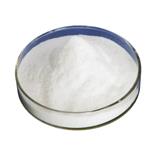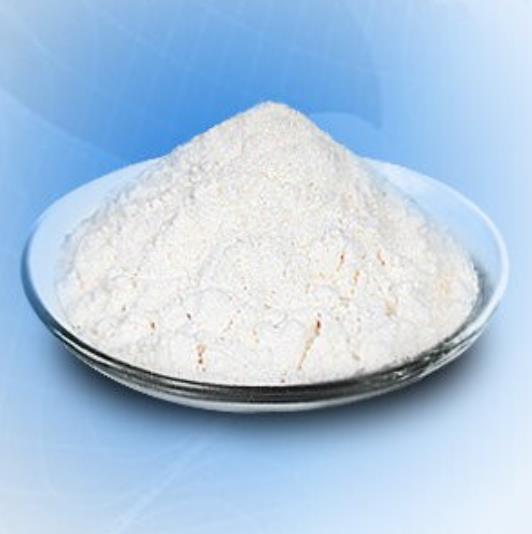Casein: An Essential Protein with Versatile Applications in the Chemical Industry
Casein is a milk protein emerging as a potential nanosystem for applications in therapy and diagnosis.

Applications
Casein consists of four major phosphoproteins with their homologous primary amino acid sequences into the following families αs1, αs2, β, and κ-casein. In the aqueous phase, casein forms micelles binding with colloidal calcium phosphate. Biocompatibility, high drug binding/encapsulation capability, potential to cross the blood-brain barrier, and targeted cellular uptake are a few of the properties of casein micelles, enabling their application in therapy.
Beneficial effects
To date, there have been many studies demonstrating the beneficial effects of casein hydrolysates in vitro and in vivo, such as antihypertensive, antioxidative, antidiabetic, and immunomodulatory activities (Healy et al., 2016; Ishida et al., 2011; Rousseau-Ralliard et al., 2010; Shazly et al., 2019). Additionally, a great number of casein-derived peptides have also been identified with diverse bioactivities depending on their amino acid composition and sequence (García-Tejedor et al., 2015; Nakamura et al., 1995). Generally, the length of these bioactive peptides varies from 2 to 20 amino acid residues. For instance, several angiotensin-converting enzyme (ACE) inhibitory peptides, including IPP, VPP, HLPLP, RYLGY, and AYFYPEL, have been identified and demonstrated to reduce blood pressure in vivo (Anadón et al., 2010; Nakamura et al., 1995; Sánchez-Rivera et al., 2016). In addition, peptides such as IPI, IPIQY, LPYPY, and VPYPQ containing a Pro residue at the P2 position of N-terminus are demonstrated to be dipeptidyl peptidase-IV (DPP-IV) inhibitors with the potential for prevention of type-2 diabetes (Nongonierma & Fitzgerald, 2014a; Zheng et al., 2019). At present, some casein-derived bioactive peptides have been developed as supplements in functional food and numerous products are already on the market. For example, the antihypertensive product Calpis sour milk (Calpis Food Industry Co., Ltd., Tokyo, Japan) contains the tripeptides, IPP and VPP.
Reference
1.Lin Zheng, Chenyang Wang, Mouming Zhao,Chapter 7 - Production of bioactive peptides from bovine caseins, Editor(s): Y.S. Rajput, Rajan Sharma, In Foundations and Frontiers in Enzymology, Enzymes Beyond Traditional Applications in Dairy Science and Technology, Academic Press, 2023, Pages 163-187,ISBN 9780323960106.
You may like
Lastest Price from Casein manufacturers

US $150.00/kg2025-11-21
- CAS:
- 9000-71-9
- Min. Order:
- 1kg
- Purity:
- 99%
- Supply Ability:
- 20tons

US $0.00-0.00/kg2025-08-08
- CAS:
- 9000-71-9
- Min. Order:
- 1kg
- Purity:
- 99%
- Supply Ability:
- 20MT


